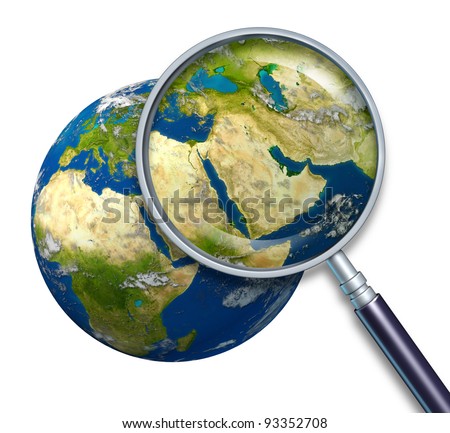Why learn Hebrew?

When I tell my friends that I am learning Hebrew - and not only for a little tourist survival, but seriously, with the aim to be able to have long and interesting conversations and read books and be mistaken for a native speaker in short interactions - I mostly get an incredulous look and a 'why Hebrew?'. At first I was surprised and sometimes a little offended but then I got interested in my own and other people's motivations. So here it goes:
Many of my reasons for learning Hebrew apply to learning any foreign language as for example: curiosity for other cultures and joy of learning new things, intellectual flexibility and delaying Alzheimer's, professional advantages and travelling in more interesting and rewarding ways.
However, the main reason for me is, with every new language I can free myself a little bit from the confines of my native language and discover new thoughts, ideas, stories, feelings and views of the world. Through the new language I get to make new friends and experiences which allow me to see and hear and smell and taste and feel the world differently. The world becomes more interesting and more colourful.
And I get to meet new aspects of myself, discover more about who I am and add layers to me as a human being. I know, that's quite a romantic way of seeing things. I learned French as a second language when I was still very young and it became a completely integrated part of who I am, not something additional to my native language but something essential, rooted deeply inside. I feel the same way about my other languages even though they came later in life.
An additional reason is that learning a new language diminishes prejudices, opens the mind and is one little step towards international understanding and world peace.
But what about Hebrew? Why, of all the 7000 languages spoken on earth, choose Hebrew?
The first motivation came from teaching. I wanted to improve my understanding of the learning difficulties of my students who came from all over the world. So I looked for a language that wasn't a Romance language or a Germanic language (since I speak two of each). Also I wanted to learn a new alphabet to experience the frustration of being illiterate and the hard work it takes to overcome this limitation.
The second motivation came from having a soft spot for Israel. This is of course somehow linked to family history but not in a very direct way. If my aim was to connect with my ancestors I should be learning Yiddish not Hebrew and there are many aspects of modern Israeli politics that I find really difficult to accept. But still Israel's existence is very important for me and I hope with all my heart that a peaceful solution will be found very soon.
Anyway I tried Hebrew and got hooked. I am fascinated by its thousands of years of history and its recent revival and metamorphosis into a modern vibrant language. And I am also fascinated by the country of Israel it's history and diverse people and natural beauty.
And you, why do you want to learn Hebrew? Lama ata rotzeh / at rotzah lilmod ivrit?
I started this blog about four months ago and it now has roughly 30 readers per day. I would love to learn more about you and your motives and plans and needs and wishes in relationship to Hebrew. Maybe I can even help more directly with what you want to learn.
I'd love to hear from you. Just drop me a line.
Anna
Trying to concentrate on new language will improvise one's self esteem, it would also make us to see the world out there in a different perspective. Thanks for sharing this wonderful information.
ReplyDeleteGerman Training Institutes in Chennai
German Training Chennai
Hello, my name is Mong Hei Chao, and I am a Chinese who learn Ivrit. I love Israel and Jewish culture so I am self-learning Ivrit in the Internet.
ReplyDeleteMay I have ask you the question that in the plural form you(object), what is the different between etchem(you masc plural), etchen (fem) and otchem, otchen thank you.
Hi Mong Hei Chao
ReplyDeleteotchem and otchen don't exist. While most of the direct object personal pronouns start with an 'o' only the second person plural forms are irregular and start with an 'e' (pronounced like the 'e' in 'engin').
Written in Hebrew the first letter looks the same, of course. Like אתכם 'etchem (you masc. plural) and אותך 'otcha (you masc. singular). There are often mix ups because of the translitteration problems.
Here's a great resource for the pronouns:
http://www.teachmehebrew.com/lesson-3.html
but please note that they transcribe the 'כ' with the latin letters 'kh' and I transcribe them with 'ch' (like in Scottish 'loch' or German 'Nacht').
I hope this helps
wishing you lots of fun with Hebrew
all the best
Anna
your writing style is fabulous and keep update with your blogs.
ReplyDeleteBig Data Hadoop Training In Chennai | Big Data Hadoop Training In anna nagar | Big Data Hadoop Training In omr | Big Data Hadoop Training In porur | Big Data Hadoop Training In tambaram | Big Data Hadoop Training In velachery